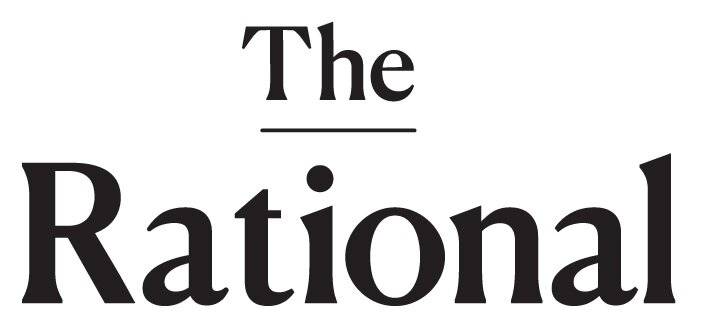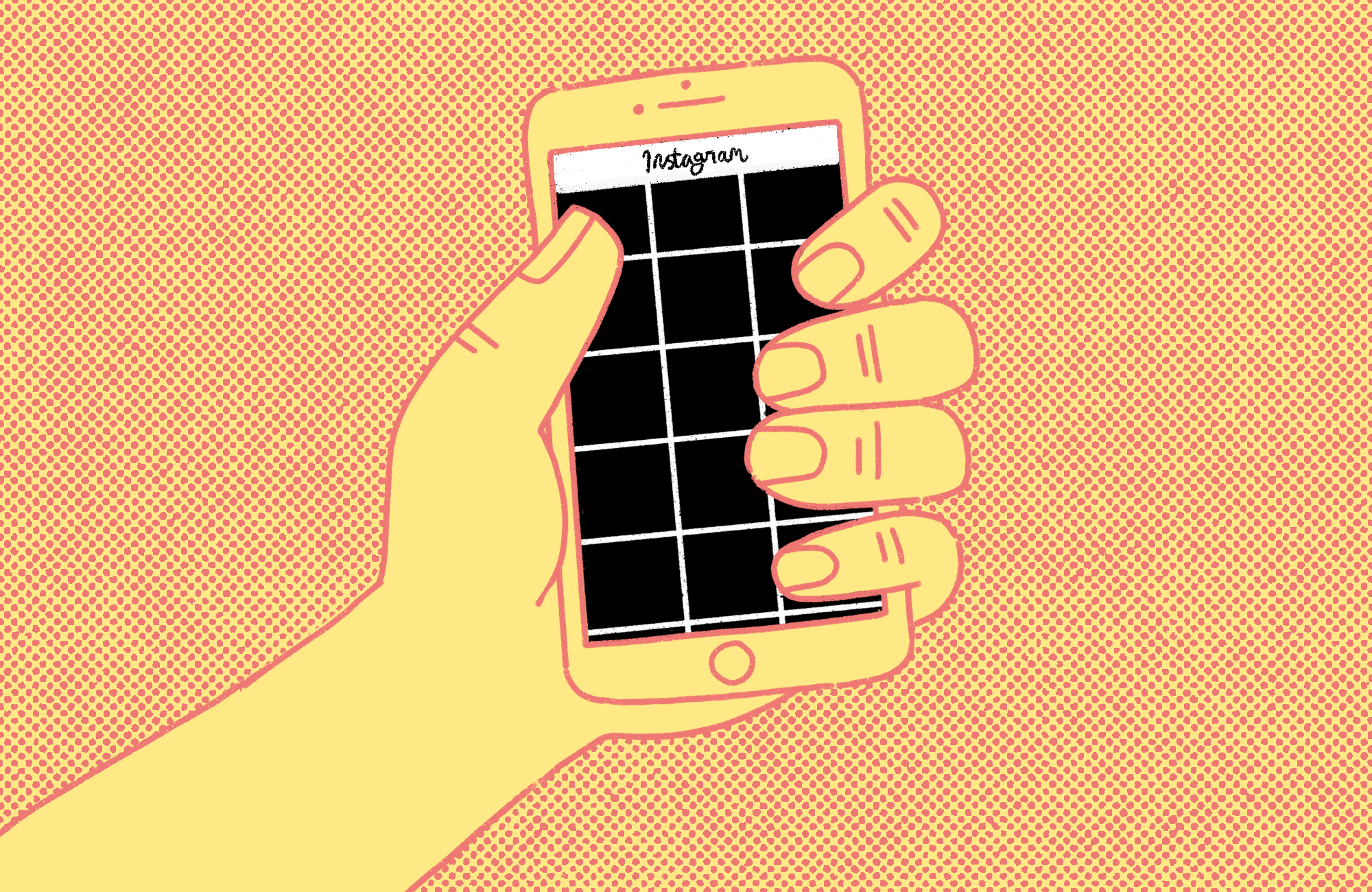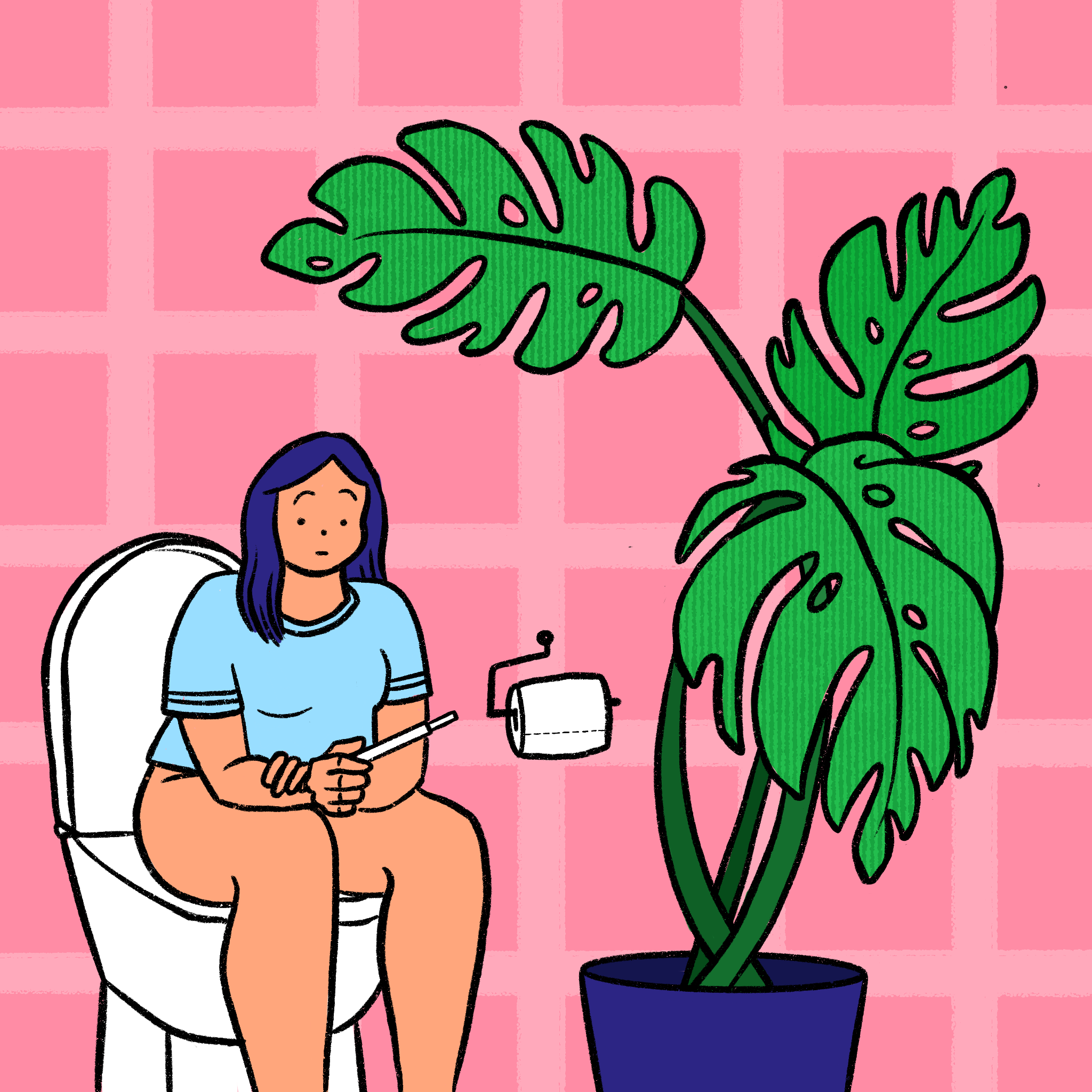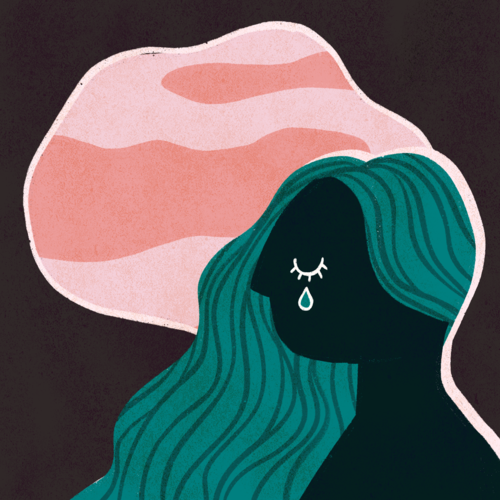The Right Choice
I had an abortion at 11 weeks — I don’t regret it.
Illustration by Ally Hart
I had an abortion when I was 18. There’s no harrowing tale of abuse or trauma preceding it. I was in love with a decent guy, and we’d been together throughout the entirety of high school. There was a slip-up in my birth control, and I wasn’t ready to be a mother, so I terminated the pregnancy at 11 weeks.
I didn’t have the abortion because I couldn’t raise a child or because I feared the consequences of telling my family or his family; I had an abortion because I didn’t want to have or carry a baby full term. It was, and is, simple as that.
In the midst of increasing political attacks on the right to bodily autonomy in the United States, it feels pertinent to tell my story. My experience with abortion was an unfortunate turn of events given where I was at in life, but it wasn’t a horrible experience. I don’t regret it, and I reflect on it as a decision that protected the trajectory of my life as I wanted to live it.
I’m not saying that abortion isn’t traumatic for some people. But for me, there was no shame in making a decision for my future. There shouldn’t be any shame in women asserting autonomy over their own bodies.
Despite the rhetoric espoused in popular discourse, abortions are health care — whatever the reason behind it. Moreover, abortion is common — according to research published by the Guttmacher Institute, one in four women in the United States will have an abortion by the age of 45; 19 percent of women will have a pregnancy terminated before the age of 30. The stigma of shame around abortion continues to dilute the very mundane reality that women can, should, and often do make decisions about their own health care, including whether and when to have a baby.
When I got pregnant, it was the first time my boyfriend and I had sex without a condom. It had been two weeks since I first started on the pill and we both thought we were golden. When I missed that next period, I didn’t think anything of it because my doctor warned me that might happen. Weeks go by, and eventually I notice the symptoms: I’m horrendously sick all the time, I’m gaining weight, and I just can’t bear the smell of anything. I take two tests, one in the bathroom of my boyfriend’s parents house, one in a public restroom near where my parents lived. Sure enough, tiny double lines appear both times.
By the time I got to the clinic, I discovered I was too far along for a misoprostol (at home) abortion, and would have to opt for the Dilation & Curettage procedure. The progress of my pregnancy didn’t deter me at all. I’ve looked up what fetal development looks like at that point. I understood what was happening in my body. That did not change the fact that I fundamentally was not ready to be a mother, or to carry that pregnancy to term for that matter.
I remember sitting in a Planned Parenthood waiting room the day of the procedure, waiting for the dilating meds to kick in. I was surrounded by other women awaiting their turn — women of all ages, all walks of life. I chat with some of them and each one divulged a different reason for her being there. We all have fuzzy hospital-like socks on, watching some Steve Martin movie on the communal TV.
The whole time I kept thinking how fortunate it was that I, a girl from a low-income family living in a motel at the time, had access to such life-changing medical care at no cost. After I found out I was pregnant, I had Googled methods of self-miscarriage, just to see, and I remember thanking my lucky stars for Roe v. Wade, for the freedom to safely end this pregnancy without becoming another statistic in the long, bloody history of botched-home abortions.
Like many of the women in the waiting room with me, I made the choice to have an IUD inserted following the procedure.This was also provided to me free of charge, and I am grateful everyday for that decision.
If I hadn’t have had an abortion, I can only imagine where or who I would be today. I definitely wouldn’t have been able to go to university. I likely wouldn’t have been able to escape the poverty I was trapped in. I could be co-parenting with someone with whom it ultimately didn’t work out. I know in the depths of my very soul, as many women do, that the birth of a child would not have changed that.
Abortions don’t need to result from tragic or dire circumstances to be morally acceptable. It’s my hope that my personal account can attest to this fact. Women (or anyone with a uterus) can have an abortion because it’s an inalienable right to control one’s own body. Furthermore, telling stories of abortion — not from rape or incest but from the simple choice of not wanting to be pregnant — can help to eradicate the stigma that those who have abortions are irresponsible, morally reprehensible, or doomed to regret their decision.
Telling stories of abortion — not from rape or incest but from the simple choice of not wanting to be pregnant — can help to eradicate the stigma that those who have abortions are irresponsible, morally reprehensible, or doomed to regret their decision.
After the procedure was done, I got a letter in the mail detailing how my government-subsidized birth control had a packaging error that could ultimately impact over a million women and their uteruses. I was likely one of the women who was subjected to this error. While I experienced a tinge of relief for not being solely responsible for the accident, I also knew it didn’t matter. At least I was 18, I had rides to the clinic, and I could move on with my life after this hiccup.
Of course, it should be noted that when women have access to free (and effective) birth control, abortion rates steadily decline. If pro-life activists want so badly to reduce abortion rates, providing funding for birth control would be a more impactful measure than restricting access or simply banning the procedure outright.
My story matters because abortion matters and women matter. Our bodies, our lives, and our choices matter. If they didn’t, men wouldn’t spend so much time or energy trying to restrict women’s rights. My story matters, even if it isn’t one of assault or uncontrollable circumstances. It matters because it reflects a typical story: girl meets boy, they have less-than-totally-protected sex, an accidental pregnancy occurs, and girl utilizes vital resources to procure a safe abortion and the insertion of an IUD.
Did I think I would be that one woman in four? No. Did it completely alter the way I view myself and my body? No. Did I suffer as a result of my choice? Absolutely not. I am who I am because of my abortion, and that’s a positive spin on a subject so deeply muddled with fear-mongering and disinformation. I am unapologetic about my choice, because it was mine to make, and no matter how many men legislate in contradiction to that fact, I will not surrender my ability to make such decisions over my own body. Neither should the women in Ohio, Alabama, Georgia, or Mississippi.
I am who I am because of my abortion, and that’s a positive spin on a subject so deeply muddled with fear-mongering and disinformation.
We live in a country where children are dying at the border, taken from their homes on Native American reservations, and forced to drink contaminated water in Flint. By definition, our “pro-life” priorities are gravely misplaced. If we as a country truly cared about protecting life, we would trust women to make decisions about when and how to create it, instead of restricting our rights. If we protected the rights of the born like those of the unborn, our government would legislate solutions to problems that actually impact children’s’ ability to survive.
The right to choice is just that: the choice to determine what is best for you, your body, your future, and your family. I am not sorry for my abortion. I don’t think you should be either.












